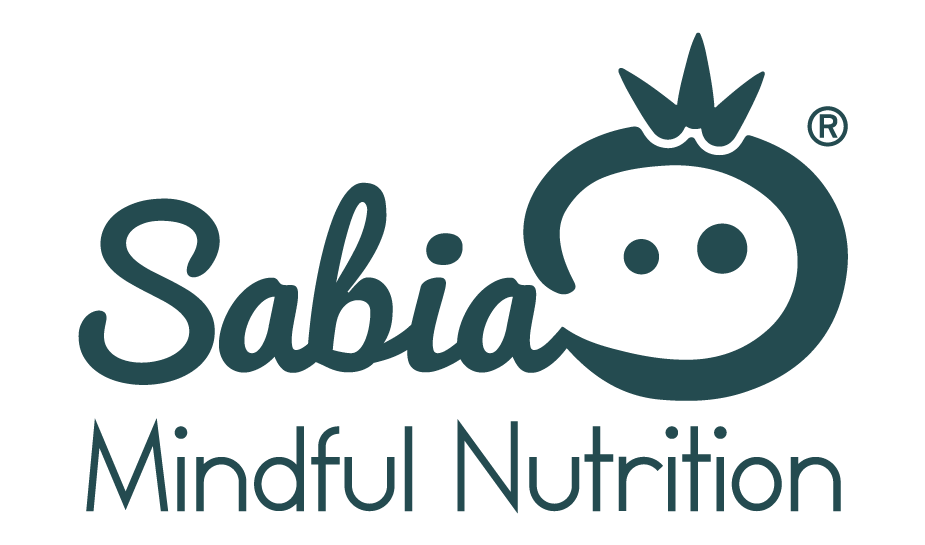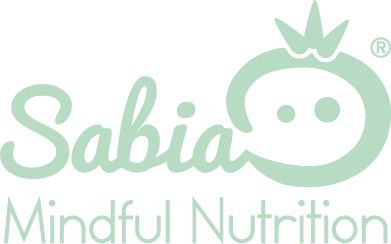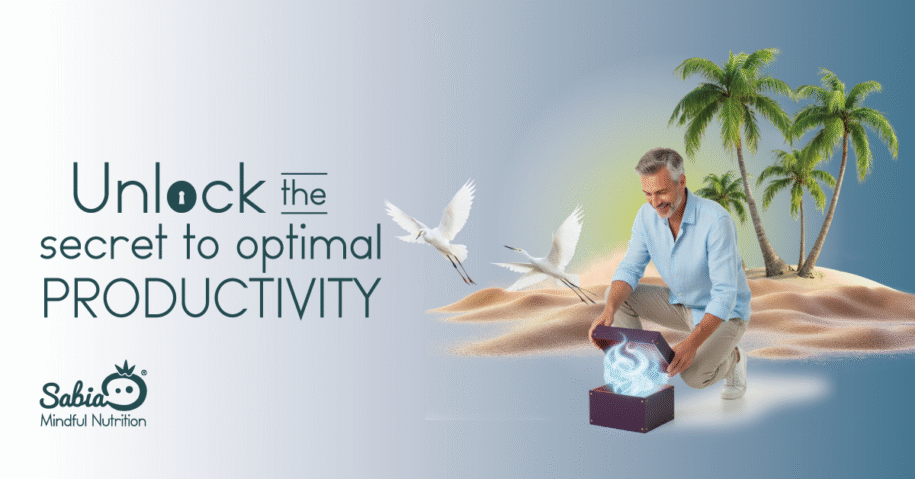Design your ideal day based on your body’s energy
In today’s fast-paced world, managing energy efficiently is crucial for maintaining productivity and well-being. Understanding your body’s natural energy patterns can help you design a daily routine that aligns with your peak performance times. This article explores how to harness your body’s energy cycles to optimize your day, with insights into nutrition, exercise, and lifestyle habits.
Understanding Your Body’s Energy Cycles
Your body operates on a natural rhythm known as the circadian rhythm, which influences sleep-wake cycles, hormone release, and energy levels throughout the day. Recognizing these patterns allows you to schedule tasks when your energy is at its peak.
Morning: Peak Energy and Focus
The morning hours, typically between 8 AM and 12 PM, are when your body experiences heightened alertness and cognitive function. This is an ideal time to tackle complex tasks that require concentration and problem-solving skills. Incorporate a nutritious breakfast rich in proteins and healthy fats to fuel your brain and maintain steady energy levels.
Midday: Sustaining Energy
Around midday, energy levels may dip slightly. To sustain productivity, opt for a balanced lunch that includes lean proteins, whole grains, and vegetables. Avoid heavy meals that can lead to sluggishness. A brief walk or light stretching can also help rejuvenate your energy.
Afternoon: Managing Energy Slumps
Many individuals experience an energy slump in the early afternoon. Combat this by staying hydrated and consuming a healthy snack, such as nuts or fruit, to stabilize blood sugar levels. Engaging in a short, brisk walk can also boost circulation and alertness.
Evening: Winding Down
As evening approaches, your body begins to prepare for rest. Limit stimulating activities and opt for lighter, more relaxing tasks. A light dinner consumed at least two hours before bedtime can aid digestion and improve sleep quality.
The Role of Nutrition in Energy Management
What you eat plays a significant role in your energy levels. Incorporate the following dietary practices:
-
Regular Meals: Eating at consistent times helps regulate blood sugar levels and prevents energy crashes.
-
Balanced Diet: Include a variety of nutrients to support overall health and energy production.
-
Hydration: Drink plenty of water throughout the day to prevent dehydration, which can lead to fatigue.
Exercise and Energy Levels
Regular physical activity is essential for maintaining high energy levels. Engaging in moderate-intensity exercises, such as walking or cycling, can improve cardiovascular health and increase stamina. Aim for at least 30 minutes of exercise most days of the week.
Sleep and Recovery
Adequate sleep is vital for energy restoration. Establish a consistent sleep schedule, aiming for 7-9 hours of quality sleep each night. Create a bedtime routine that promotes relaxation, such as reading or meditation, to improve sleep quality.
By aligning your daily activities with your body’s natural energy cycles, you can enhance productivity and well-being. Implementing strategic nutrition, exercise, and sleep habits will support sustained energy levels throughout the day.
If preparing balanced meals seems time-consuming, let us at Sabia Nutrition take care of your nutritional needs. Our team offers convenient, healthy meal options tailored to support your energy and health goals.
References
-
Cleveland Clinic. (2024). Circadian Rhythm: What It Is, How It Works & What Affects It. Retrieved from https://my.clevelandclinic.org/health/articles/12174-circadian-rhythm
-
Harvard Health Publishing. (2021). Does exercise really boost energy levels? Retrieved from https://www.health.harvard.edu/exercise-and-fitness/does-exercise-really-boost-energy-levels
-
Mayo Clinic. (2023). Exercise: 7 benefits of regular physical activity. Retrieved from https://www.mayoclinic.org/healthy-lifestyle/fitness/in-depth/exercise/art-20048389
-
National Institute of General Medical Sciences. (2025). Circadian Rhythms. Retrieved from https://www.nigms.nih.gov/education/fact-sheets/Pages/circadian-rhythms
-
Verywell Health. (2023). Why Walking Is the Ultimate Exercise: 13 Benefits and Safety Tips. Retrieved from https://www.verywellhealth.com/benefits-of-walking-8730316



